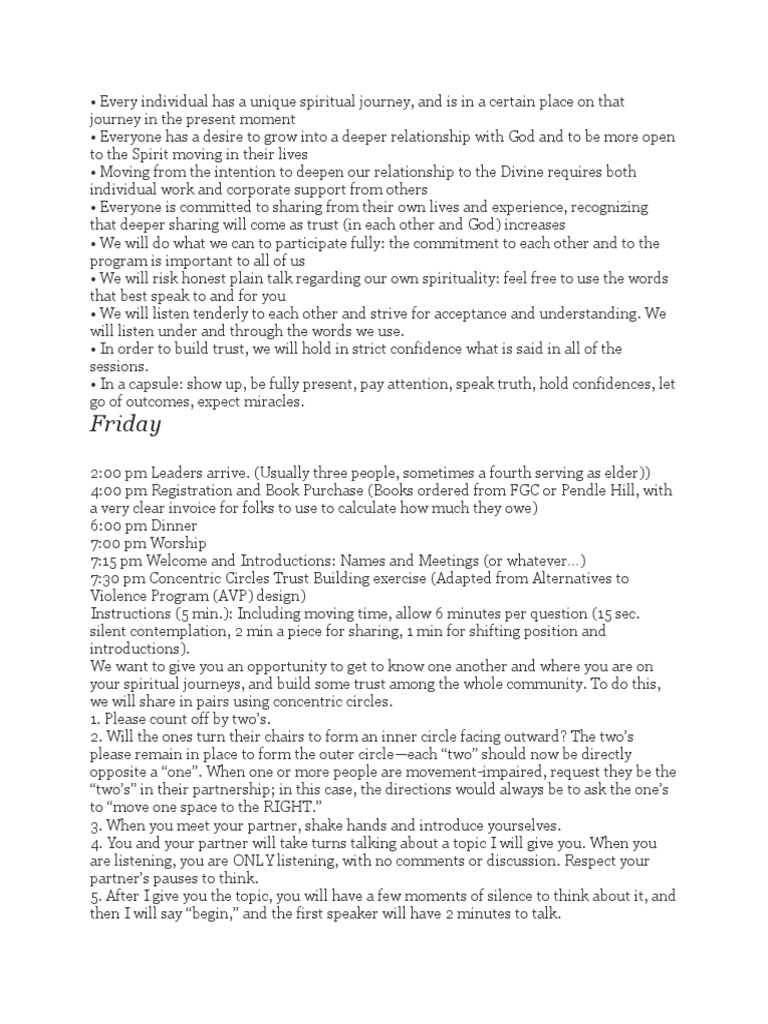Finding self-worth is a quest that transcends mere material possession; it is a profound exploration of the soul, deeply rooted in the teachings of the Bahá’í Faith. This spiritual journey is not merely a pursuit of external validation or societal acceptance but rather an internal odyssey that embraces the quintessence of one’s being. In a world where worth is often equated with economic status or social standing, the Bahá’í teachings illuminate a path toward authentic self-discovery and intrinsic value.
At the heart of the Bahá’í philosophy lies the understanding that each individual is created with inherent dignity and purpose. The notion of self-worth is encapsulated in the belief that every person is a reflection of the Divine. This perspective invites individuals to contemplate their unique existence not through the lens of comparison or competition, but as part of a collective tapestry woven by a Creator who delights in diversity. To appreciate one’s own worth, one must first recognize that the essence of being extends far beyond material achievements.
Bahá’í teachings emphasize the concept of the “spiritual reality” of human beings. This spiritual reality is described as an eternal aspect of individuals that connects them to a higher purpose. At this fundamental level, self-worth is understood as a spiritual attribute rather than a fluctuating aspect of one’s social identity. The realization that one’s value is inherently divine can foster a sense of peace and stability in the face of life’s vicissitudes.
The struggle with self-worth often manifests through various challenges such as social pressure, personal failure, or existential uncertainty. In exploring these disturbances, it is crucial to acknowledge the societal paradigms that can skew our self-perception. The pervasive emphasis on outward accomplishments can create an illusory sense of worth that is contingent upon transient factors. Bahá’í teachings advocate for a reorientation of priorities, urging individuals to cultivate internal virtues—such as love, honesty, and compassion—as the true markers of value.
Diving deeper into the essence of self-worth, one may ask: What does it mean to view oneself through a spiritual lens? This perspective encourages a transition from a self-centered mindset to one that is filled with service to others. In the Bahá’í view, self-worth flourishes when individuals engage in acts of kindness and generosity. By focusing on uplifting those around them, individuals not only affirm their own dignity but also contribute positively to the world, reinforcing the interconnectedness of humanity.
The teachings also remind followers of the power of reflection and self-assessment on the journey to recognizing one’s worth. Encouraging prayer and meditation, the Bahá’í Faith provides tools to cultivate self-awareness and discernment. This practice allows individuals to detach from the cacophony of societal judgments, thereby facilitating a deeper understanding of their purpose and intrinsic value. As one contemplates their position in the grand scheme of existence, a newfound clarity emerges—one that encompasses both humility and assurance.
A key aspect of understanding self-worth within the Bahá’í framework is acknowledging one’s journey as unique. Every individual traverses a distinct path shaped by personal experiences, challenges, and triumphs. Such acknowledgment empowers individuals to embrace their narrative as an integral component of the collective human experience. This recognition fosters resilience and alleviates the tide of comparison that often depletes self-esteem. In essence, each struggle can be perceived as a stepping stone towards greater self-acceptance and spiritual growth.
Furthermore, the Bahá’í teachings encourage the cultivation of virtues as a means through which individuals can amplify their self-worth. These virtues serve as the bedrock for personal development, guiding individuals in their actions and interactions. Through the practice of virtues such as patience, gratitude, and trustworthiness, individuals not only enhance their own value but also elevate the human spirit as a whole. The transformation of self through virtue cultivates an environment where self-worth is recognized and celebrated.
In conclusion, the journey of finding self-worth from a Bahá’í perspective is a significant pilgrimage undertaken by the soul—navigating through the reflections of material temptations towards the luminescence of intrinsic value. By embracing the spiritual dimensions of existence, engaging in virtuous acts, and cultivating a mindset of service, individuals can transcend societal limitations and discover a profound sense of self-acceptance. This paradigm shift from external validation to internal recognition fosters a sustainable sense of worth that illuminates not only individual lives but also the broader tapestry of humanity.
Ultimately, the teachings of the Bahá’í Faith invite individuals to embark on a journey of authentic self-discovery. As one explores the depths of their spirituality, they come to realize that self-worth is not merely a destination but an ongoing evolution—a journey fueled by love, service, and a commitment to divine principles. In this odyssey, each person is encouraged to embrace their unique spiritual journey, affirming their value as both an individual and a member of the larger human family.
